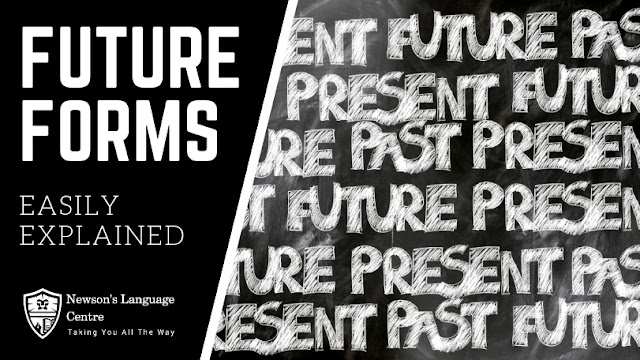Maybe some of you like this form (notice I don't say tense ☝). Not only do I hate teaching it but to get students to use it in all its forms is difficult. We are all aware of one or two common functions but I shall go a little deeper so we can start to use FUTURE CONTINUOUS fignya freely 😎 Blinnnnnnn.... here goes....
✔ Events in progress in the future (the one we all know).
This is very much like what we learn at pre-int level when using past continuous and past simple together, but for the future:
● This time next week, I'll be lying on the beach getting burned.
● Can't come out tonight. I'll be having dinner around 8pm before mum sends me to bed. Sorry, my wife.
● Good luck in your driving test! We'll be thinking of you (around the time you are taking your driving test)... and try not to crash!
✔ Events that are fixed or we expect them to happen.🤔
This one is fignya. We use the future continuous although there is no continuous meaning.🤦🏻♂ The idea is that something is fixed, decided or we expect to happen in the normal course of events. We'll compare forms here:
● Paul will be doing another awesome video on phrasal verbs again tonight. (This sounds a lot more definite than: Paul will/is going to do another....)
● I'll be seeing you again real soon! (Because this is more definite, it sounds more threatening than: I will see you again real soon! which is more like a soft promise)
● John's at home. He'll be having fish & chips as usual, the fat moron! (We expect it because it always happens. It sounds much more definite/expected than: He will/is going to eat fish & chips...)
✔ No idea of making decisions (Kind of overlaps with the last one)
We can use the future continuous to say: something will happen anyway without having to make decisions. We often finish the sentence with "anyway:"
● Mum, can you wash my pants later? - I'll be doing all the washing tonight anyway. (Much more definite than: I'm going to do... which we can say but not as strong)
● Can you not drink any beer right now? When the guests come, we'll all be getting drunk soon enough.(Sounds strong to say it will definitely happen. Much more than: When the guests come, we are going to get...)
✔ Polite inquiries.🤴
Here it means: What have you already decided? It's not so common in everyday speech and the only time you'd hear it is if some waiter called Jeeves approached you in a hotel. It is a good structure as if doesn't force any decision:
● Will Sir be having his usual meal of octopus bollocks on peacock vomit?
● Will Madame be requiring any further assistance to get her pants on?
If I said:
● Sir, are you going to have your usual mean of octopus....
This is much more direct and to some extent is trying to press for a decision.
✔ Going to
You can pretty much substitute WILL for GOING TO in the above examples to make the sentences less formal.
● Can't come out tonight. I'm going to be having dinner around 8-ish.


Comments
Post a Comment